
Dealing with a Not-So-Dream Team
A couple summers ago, I spent a month driving across America and sleeping in the back of my Subaru with a very good friend and my dog. Living out of a small SUV was mostly a lot of fun, and the adventure was thrilling; but there was a problem: My friend and I were dealing with some disagreements. We were stuck together as we finished our 9,000-mile journey, and those weeks—and the weeks after our trip, as our friendship further evaporated—were extremely painful and devastating. It was bizarre to experience such conflict within a tight relationship and while spending so much time together.
Some people are going to rub you the wrong way, just as you are going to get under some other people’s skin—even when you’re invested in a relationship and are committed to shared goals. It’s massively humbling, but it’s the truth. I want to be liked. I want to avoid tension. Yet reality is that relationships can be grueling—and relationships on the missions field aren’t exempt. (Even the first missionaries weren’t immune to relationship challenges: We know from Acts 15 that Paul dealt with conflict with Barnabas.)
This may seem basic, but it’s important to keep in mind that maintaining healthy, godly relationships is much easier said than done, especially on missions teams. The numerous stresses of cross-cultural life and ministry can create a pressure cooker that magnifies annoyances and diminishes patience. And (hopefully this doesn’t come as a surprise) cross-cultural workers are sinners in need of mercy and grace—not to mention individuals with diverse temperaments and unique weaknesses and strengths.
Because of differences in personalities (not to mention our sinful natures), we instinctively know no one is going to naturally get along with everyone else. But it is still a disappointment when relationships or teams don’t play out like we hope or pray they will.
Teammates don’t always have the luxury of choosing the people with whom they’ll work closely, but conflict can arise even among those who arrive on the field with strong existing relationships. Yet, regardless of whether a team is comprised of lifelong friends or a group of people with much shorter shared history and little in common beyond a shared desire to spread the gospel, God can use it as a model of His Body, and He provides the people we need to do the tasks to which He calls us.
Still, what we think we need is not always what we really need. This might come to light through a teammate who has skills that complement yours but a personality that, from your perspective, isn’t a great fit with your own. But, even on a team in which relationships require continual work and ongoing forbearance, you can glorify God together. You may need to intentionally and repeatedly turn your focus away from the imperfections you perceive in your teammates. You will likely have to be more mindful of others’ preferences and may need to offer—and ask for—forgiveness more frequently. But, as you do, you can constantly rely on God’s provision and ask for His grace.
Here’s some more truth about relationships on teams:
- Not all conflict is bad. Tension might force your team to think outside the box, talk through assumptions and join together to solve issues.
- Sometimes we may be the problem, not our teammates. We can all be real jerks when we set our minds to it. Does stress or feeling threatened or undermined by a teammate cause you to react harshly? You may need to spend time in focused prayer, seek wise counsel, ask for forgiveness or invest in spiritual disciplines.
- We are told to love and pray for one another, including our enemies (Matthew 5:44). God uses our prayers for others to change our attitudes toward them. Don’t underestimate the power of prayer in transforming relationships.
My prayer for y’all is that you will have the wisdom, discernment and character to know yourself and how you can best support your team. And, if you’re not yet on the field, you have a plethora of opportunities to practice coming alongside others, recognizing your blind spots and developing healthy relationships. If you’re experiencing tension with someone right now, how could you address it in a godly way? Have you prayed for the person with whom you’re in conflict? Do you have the humility to see things from their perspective?
Don’t be afraid to ask for prayer or help. And don’t ignore conflict either. A silent issue can eventually turn into a loud, booming problem with potential for a lot of tears and offense if left unattended. Take it from me. I’ve had to learn the hard way.
When teams seek to emulate the grace that God has already shown us in the midst of conflict, He is able to work through challenging relationships for His glory and in ways that demonstrate this grace to others. Though we all are flawed, the God who rescued us from the consequences and condemnation of sin will never refuse to forgive or fail to give us what we need through the people He places in our lives.

Laura lives in Lancaster, Pennsylvania, where she freelances in various capacities, leads worship at her church and hangs with her adorably photogenic dog named Kimchi. She’s well acquainted with the chaos of trying to determine what to do in life.
Laura went to Bible college, where she explored cross-cultural ministry through classes, conferences and lots of practical application. After college she went to grad school, taught, went to South Korea for a year, worked for Christar, then spent a good chunk of the last decade working with international students in high school and college in the U.S.
She would love to journey with you as you consider missions—because she’s been there. Because reaching the nations is going to look different than it did in centuries past. And she wants you to be a part of it.


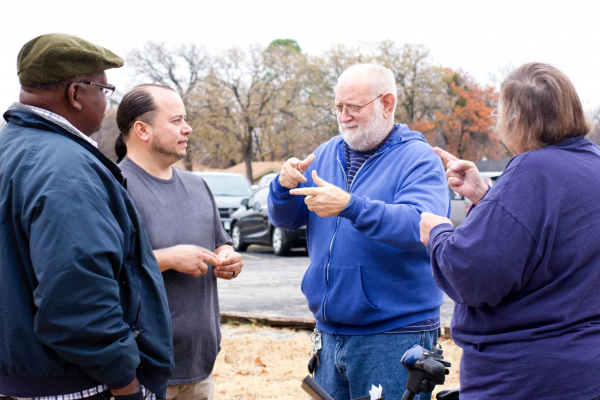









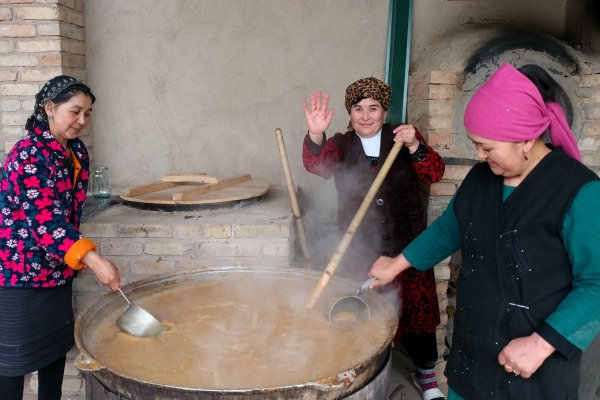




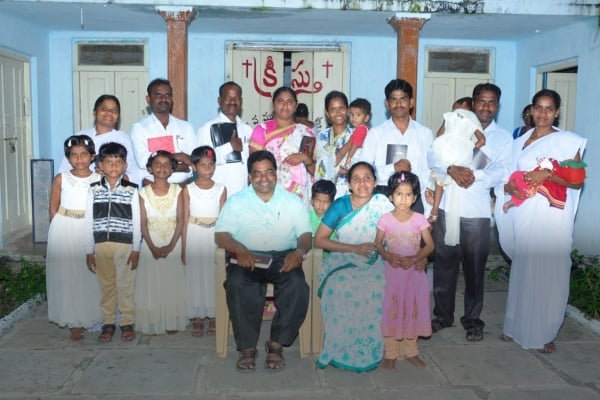


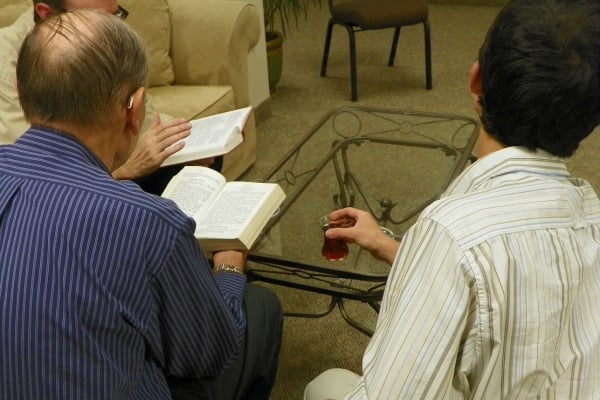
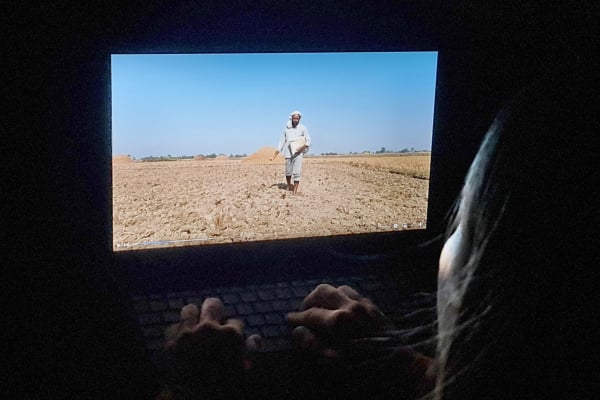








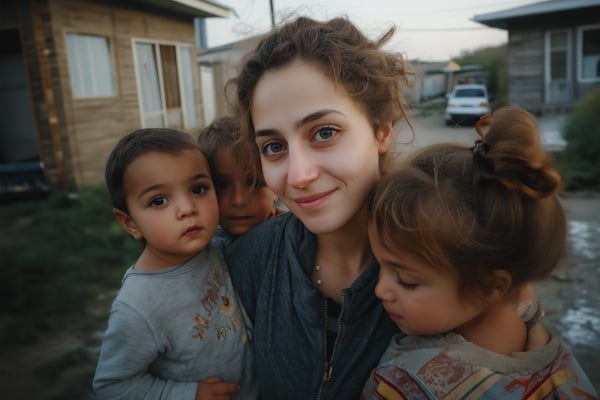








_1724957011_600x400.png)


